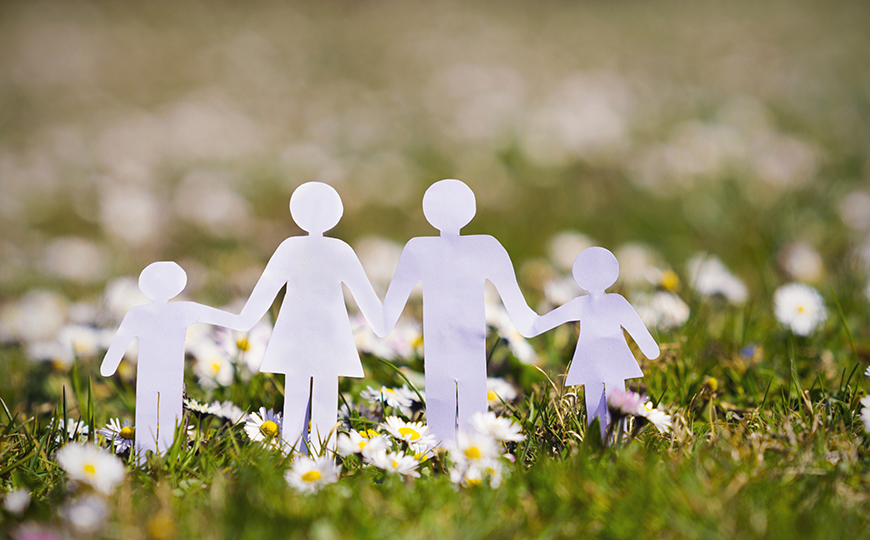This family wants to join the Featured Families at Having Kids but is afraid of backlash from friends and family. This family will therefore remain anonymous.
How did talking about our decision to build a better future become taboo?
We strongly believe in small, nurturing families, but we have been reluctant to speak publicly about this issue out of a fear that we would offend one or more of our family or friends. We have a number of friends, both older and around our age (30s-40s) who have chosen to have larger families. On other issues, these folks are thoughtful and conscientious, but the question of how many kids to have is something that they view as uniquely personal and outside the realm of fair debate or discussion. It is very difficult to talk to someone you love about how you wish they were not having a third or fourth kid.
As for us, keeping our family small has always been a priority. We are both busy professionals and our time and money can only be spread so far. With a smaller family we have money for travel, cultural events, and other fun outings that simply would not be possible if we had more kids. With a smaller family we can travel and visit grandparents and all comfortably fit in their home for holidays. And with a smaller family, both of us are able to engage in a considerable amount of pro bono public service work. We spend hundreds of hours per year doing volunteer work for our communities and for non-profits, and this would not be possible if we had a larger family.
If more families make choices like this, the world will become a healthier and happier place. Let’s break the taboo and speak out. Good family planning means smaller families working together to plan a fair start in life for every child.
At Having Kids:
We promote and protect every child’s right to a fair start in life by replacing unsustainable, parent-centered family planning models with the human rights-based and child-centered Fair Start family planning model. The model suggests a shift in family planning from a subjective focus on just the parents, to an objective focus that considers the interests of the potential child, the parents, and the community.
It’s all about this: Smaller families working together to give every child a fair start in life.
Today many families are adopting the Fair Start family planning model. First, they try to give their child a fair start in life by having a smaller family where they can invest more in their child. Often they also foster or adopt one of the many children eagerly waiting for parents rather than creating additional need. Second, they publicly role model their choices. Finally, these families join public advocacy campaigns to shift resources from extractive centers of power like governments, corporations, and wealthy families in order to democratically empower children and future citizens by incentivizing better family planning by all parents. Why? All parents know that the quality of their own child’s life will depend on how other parents decide to have and raise their kids.

